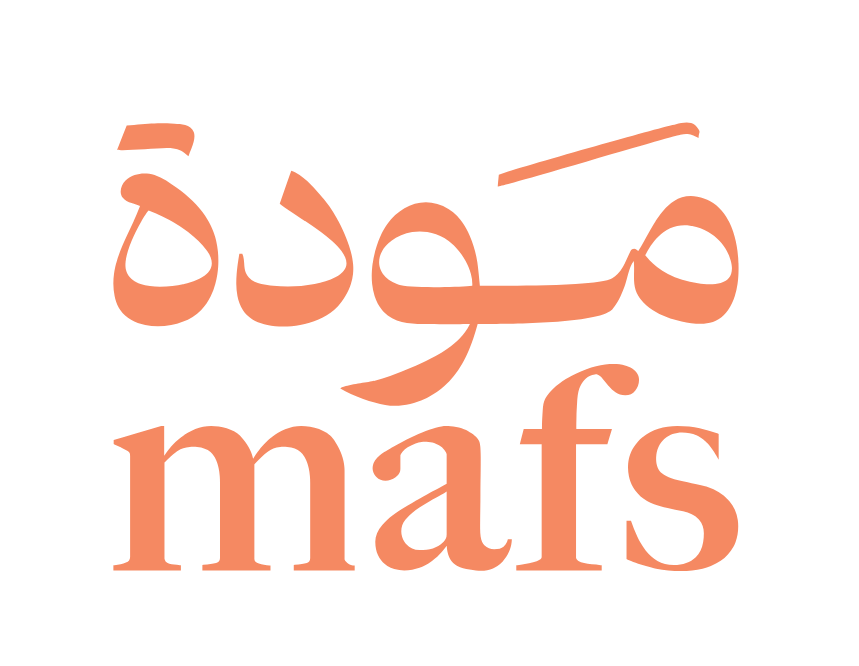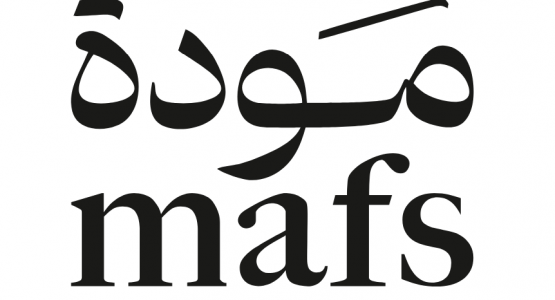
How Mawaddah Society helps families live their best lives
This month we’re profiling Mawaddah Charitable Society which is committed to improving the stability of the Saudi family and society and dealing with the effects of divorce
Find
out how to make a donation
At Moon Community Club we believe in supporting worthwhile causes that are close to our hearts. This month, we’re finding out about the Mawaddah Charitable Society which was established to support the health and stability of families in Saudi Arabia.
Her Royal Highness Princess Moudhi bint Khalid bin Abdulaziz and Her Royal Highness Princess Sarah bint Musaed bin Abdulazizhead a list of 23 members of the society, which tries to help families by offering advice and support – both practical and holistic – whenever it’s needed.
Started in 2008, Mawaddah’s primary focus is the Saudi family as a whole. So although there is a great emphasis on the welfare of women and their children, there are also courses for men and women about to get married, and a commitment to support families, whether stable or broken, to help them develop stronger bonds and subsequently, help reduce divorce rates. It also offers women a wide variety of courses to help get them into the workforce and supports them on their journey.
Riyadh was chosen for the initial base, because it was near sponsors, decision makers and government agencies – with which Mawaddah works to provide national solutions and policies. Eventually the charity hopes to expand to all regions of the Kingdom.
We asked the Society to tell us more…
Family matters
The charity has set itself a framework of Milestones on which it concentrates its work and assistance. These include:
–
Studying the legal process of divorce
– A legal custodial program – protecting human rights
– Expansion of human rights work
– Mashoura fund for legal assistance
– Shaml Center – for safe visitation, custody and access matters
– Alimony fund
– Discussions with couples intending to marry
– Representation of society organization – aimed at establishing a binding
legal framework regulating marital and family relations and associated rights
– Personal status code project – to protect the rights of family members in
court during disputes.
Managing the impact of divorce
If the family is not stable, then society is not stable, and the charity strives to maintain a healthy balance. Its advice on divorce is aimed not only at helping the adults concerned but also to reduce the impact on children of all ages. Its award-winning Two Houses One Heart story collection addresses family rifts from an emotional and Sharia perspective.
Divorce is a difficult time for everyone involved but in addition to the emotional stresses and strains, a mountain of practical, financial and legal issues can stand in the way of making progress. Sometimes it can seem too big a mountain to climb.
For women faced with divorce or its aftermath, the assistance on offer from Mawaddah can range from simple financial help, to human rights initiatives, job-qualification programs and – possibly the most prominent just now – the training of women to represent others in the courts, in conjunction with Saudi universities.
“Our program specializes in training Sharia and law graduates and qualifying them to provide free legal advice to women, and to plead before the judiciary in marital and family issues,” says charity spokesperson Hussa Alotaibi.
One obstacle is that as law offices are largely staffed by men, many women feel too embarrassed to discuss intimate details of their cases with a male lawyer. They may have difficulty pleading before the courts, especially if their position as divorced, conditionally divorced or abandoned women means they have no male guardian to act for them.
Mawaddah was also instrumental in the opening of the Kingdom’s first women’s office for human rights support in the Personal Status Court in 2014.
Setting the right course
The charity also runs programs to help women after divorce, as well as parenting and emotional issues. All the courses and programs are free for women going through divorce.
Nawal, 39, completed the post-divorce rehabilitation program. “I was desperate,” she says, “and unhappy with my situation. I didn’t like hearing that I was divorced and fell short in raising my children. I was ignorant of my rights and unable to sort things out for myself. After the Mawaddah course everything was a lot clearer, I knew my legal and social rights, and I learned the importance of saving.”
Domestic violence often leaves victims in what is effectively post-traumatic shock, and it sometimes takes a simple nudge to get them started on living life to the full again. Aisha, 41, took part in the charity’s domestic violence program. “I was depressed – I didn’t want to go out and face people,” she says. “I became introverted and isolated, but after the course I began to look at life from a different viewpoint and now enjoy going out and about. Mawaddah was a turning point in my life.”
Building a new life
Mawaddah runs a great many initiatives to help with immediate problems such as food, clothes, rent, transportation and the payment of debts, but one of its biggest strengths is the range of vocational training and courses it offers on everything from personal finance, to skills training, to increasing women’s chances in the workplace.
Clearly, if a woman is to support herself and her children financially, then she not only needs marketable skills or professional qualifications, but also practical accomplishments such as driving – Mawaddah runs a driving education and licensing program for just this purpose.
In terms of skills, the charity looks to offer courses in administration, together with English language, computer and secretarial skills. They also offer professional programs in such subjects as culinary arts, cosmetic training, hairdressing, managing small projects and e-marketing. There’s even a course on recognising and avoiding cyber-crime! But Mawaddah’s work doesn’t stop there, it’s representatives are on hand to provide emotional and holistic support long after the women they’ve helped have re-trained and secured jobs. Mawaddah is with them every step of the way – it’s what make the charity so special.
Why is training important?
So why do the organisers feel these provisions are important? “Empowerment,” says Hussa Alotaibi. “And the courses lead to employment, and therefore improving the monthly income of those who benefit.”
Courses are implemented by specialized centers and institutions under the direct supervision of the association.
Shorouk, 30, took a course on the hotel and tourism sector. “I had no idea how hotels dealt with guests, or how to book and deal with electronic applications,” she says. “But thanks to Mawaddah I got a job in this field immediately after completing the training.”
And Noura, 37, who took a course in leadership, found her confidence came back. “Daily trips were costing me a lot, and I couldn’t go to places I wanted because of my finances and the feeling of being restricted,” she says. “After Mawaddah, I was far more confident, went to work for Uber, and am now a real-estate agent because I’m independent and am able to drive my own car.”
These are all women who would otherwise have struggled without the charitable help offered by the society.
If you would like to support the work of the Mawaddah Charitable Association you can find out more by visiting:
Online: https://www.mawaddah.org.sa/
Instagram:http://instagram.com/mawaddahksa
Twitter: https://twitter.com/@mawaddahksa
Facebook:https://facebook.com/mawaddahksa1
Make a donation
Mawaddah Charitable Society is licensed by the Ministry of Human Resources and Social Development No. 492
Any donations to the charity will be very gratefully received. Make out contributions in the name of Mawaddah Charitable Association to any of the following:
Food
basket link:https://mawaddah.org.sa/project/22/details
Eid clothing link:https://mawaddah.org.sa/project/23/details
Riyadh
Bank: Charity / SA7520000002450837049940 Zakat /
SA4820000002450837049941
Al Rajhi Bank: Charity
/ SA8380000470608010077783 Zakat / SA6180000470608010077791
Development Bank: Charity /
SA8905000068201075761001 Zakat / SA6205000068201075761002
Ahli Bank: Charity / SA5510000024950302000102 Zakat /
SA2810000024950302000200
Al Jazira Bank: Charity / SA8260100001695001203001
Investment Bank: Charity /
SA896500000010173515100


